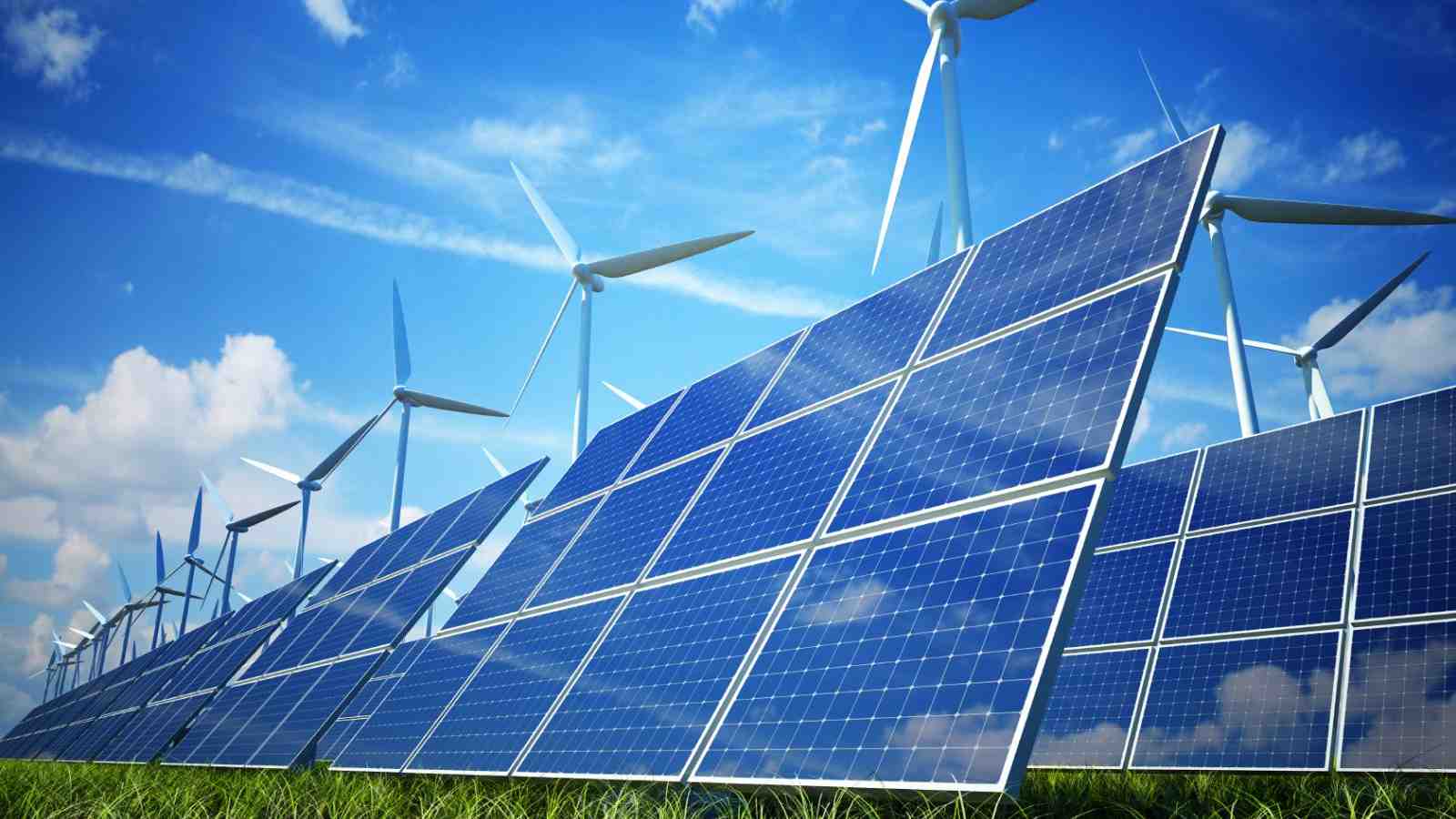
Opinions
11:16, 14-Jan-2019
China makes great strides in energy transformation
Updated
09:08, 15-Jan-2019
CGTN's Dialogue

China is making great efforts in transforming its energy structure, topping other countries in the growth of renewable energy.
By the end of 2018, China's renewable energy generating capacity had reached 650 million kilowatts, up by 14 percent year-on-year. A total of 1.6 trillion kilowatt-hours of hydroelectric, wind and solar power were generated in the country last year, according to China's Policy and Actions for Addressing Climate Change (2018). Western media also praise China as a world leader in energy transition with mature renewable energy technology and strong financial support.
Victor Gao Zhikai, chairman of the China Energy Security Institute, affirms China's performance during the past decade.
“In terms of new and renewable resources of energy, especially wind, and solar power," he says, "China is not only the largest manufacturer of the equipment but also the largest producer of these new and renewable resources of energy. Furthermore, China is now building nuclear power stations more than any other country, roughly about 50 percent of all nuclear stations in the world.”
01:30

But “it's a mixed situation,” he adds in pointing out the other side of the coin. “China is the largest manufacturing country in the world, and the service industry in Chinese GDP is still a small percentage, compared to Japan, the United States, and many European countries. And the energy intensity for the Chinese economy is relatively high, which unfortunately implies the energy efficiency in the Chinese economy is relatively low – we have lots of improvement to make. In China, the largest energy item is still coal, so the government's top priority is to bring down the coal as a percentage and then to add natural gas as a (main) source of energy…Going forward, we need to achieve a better balance and improve the energy efficiency.”
Prof. Qi Ye, director of Brookings-Tsinghua Center, mentions the pros and cons during China's energy transition path. “Ever since 2005, when the clean energy law was passed, in the last one and a half decades, China's energy transition has accelerated," he says. "Under the Copenhagen Accord, China committed to decreasing the energy intensity, namely total energy consumption per unit of GDP, by 40-45 percentage by the year 2020. By the end of last year, China has already decreased energy intensity by 46 percent, exceeding the commitment.”
Nevertheless, China's energy efficiency is still low compared to the major economies because of its economic structure as manufacturing still makes up much of the domestic economy.
01:47

During these years, the shale revolution has put the U.S. on the path to become a net oil exporter and is likely to shift the tectonic plates of global powers. But has the current trade war halted the booming energy trade between the two economic rivals, China and the U.S.?
Dr Yongping Zhai, chief of energy sector group of the Asian Development Bank, says, “So far we've not seen a U.S. role as an exporter as someone has imagined. I'm not so much worried the fact that there's a current debate on how the trade balance will be between the two countries. I think China can take advantage of the current oversupply for the natural gas from different suppliers.”
01:13

According to Victor Gao, “shale revolution in the U.S. is the net advantage to China. I would say the trade war between China and the United States cannot happen at a worse time than it is now. Why? Because otherwise, the U.S. might have signed up lots of Chinese purchasers, crude oil, as well as LNG (liquefied natural gas) in China. Now, one big thing which will happen is the upcoming opening of the gas pipeline between Russia to China, which is scheduled for December 2019. So the clock is ticking. Because the U.S. does not have too much time to wait anymore, so I think the U.S., without the trade war, could really come to China and sign up many buyers of crude oil, LNG, and China will become one of the biggest buyers.”
(If you want to contribute and have specific expertise, please contact us at opinions@cgtn.com.)

SITEMAP
Copyright © 2018 CGTN. Beijing ICP prepared NO.16065310-3
Copyright © 2018 CGTN. Beijing ICP prepared NO.16065310-3